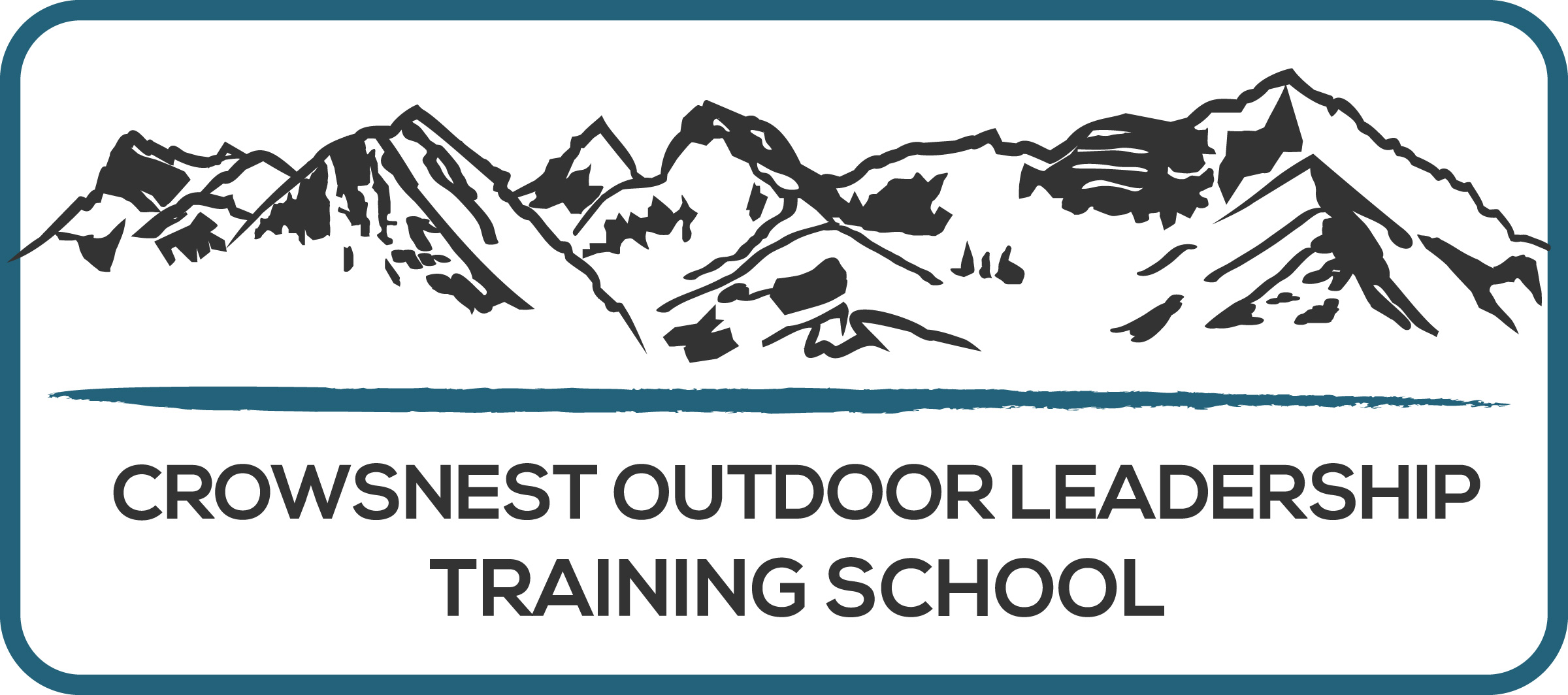All of our out-trips are guided by people who have completed
the Crowsnest Outdoor Leadership Training School (COLTS).
What is COLTS?
Crowsnest Outdoor Leadership Training School is an accelerated leadership development program that aims to create Christ-centred leaders in the outdoor industry. This is accomplished through purposed instruction and in-depth training, then culminated with 2 months of experiential practicums leading outtrips during our summer camps.
See the COLTS website for further details.

